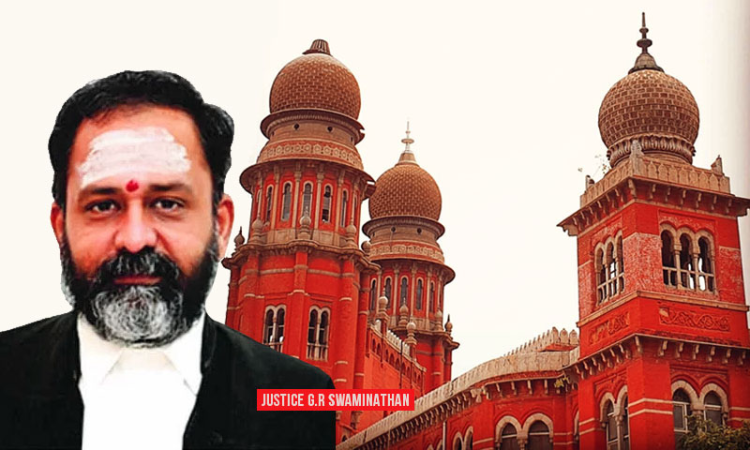'Right To Be Funny Can Be Mined In Article 19(1)(a)' : Madras High Court Quashes FIR Over Humorous Facebook Post
Sebin James
21 Dec 2021 11:38 AM IST

"The very registration of the impugned FIR is absurd and an abuse of legal process", the Court said.
Next Story


